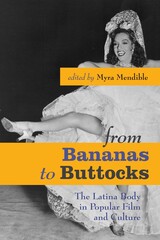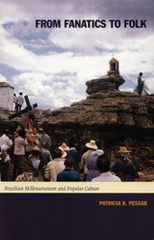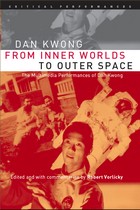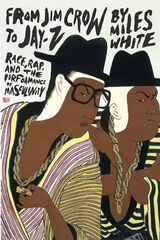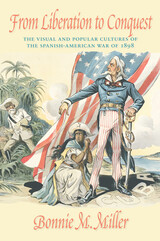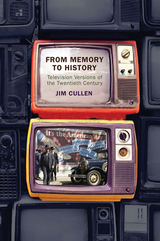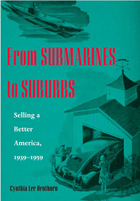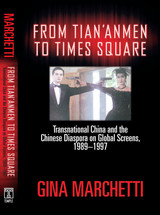Operatic Infrastructures: Materiality and Meaning in 1890s London, Paris, and New York
University of Chicago Press
Cloth: 978-0-226-84683-5 | eISBN: 978-0-226-84684-2
See other books on: Materiality | Meaning | Opera | Paris New York | Telecommunications
See other titles from University of Chicago Press
Cloth: 978-0-226-84683-5 | eISBN: 978-0-226-84684-2
ABOUT THIS BOOK | AUTHOR BIOGRAPHY
ABOUT THIS BOOK
An exploration of the fundamental relationship between opera and urban modernity in three iconic cities: London, Paris, and New York.
At the end of the nineteenth century, London, Paris, and New York were quintessential modern metropolises and vital centers for opera. In Operatic Infrastructures, Flora Willson examines opera’s intimate entanglements with the material worlds of these cities to locate the physical roots of long-accepted ideas about the art form.
Reaching beyond histories of opera as spectacle, this book investigates the material underpinnings of opera’s existence at the century’s end: as an inter-urban, multimedia network. Operatic Infrastructures considers emergent technologies such as the telephone and the subway, but it also retrieves the hidden, forgotten, and otherwise effaced traces of systems such as storage facilities and colonial trade routes. It takes seriously the mundane aspects of materiality, from the blandest clichés of newspaper columns to the fine print of insurance certificates. In doing so, the book reveals just how far these interfaces with modern urban life reached into opera’s own systems of meaning-making and performance in the 1890s—making it impossible to demarcate neatly between “opera” and its so-called “context.” Without such operatic infrastructures, Willson shows, there would be no opera at all.
At the end of the nineteenth century, London, Paris, and New York were quintessential modern metropolises and vital centers for opera. In Operatic Infrastructures, Flora Willson examines opera’s intimate entanglements with the material worlds of these cities to locate the physical roots of long-accepted ideas about the art form.
Reaching beyond histories of opera as spectacle, this book investigates the material underpinnings of opera’s existence at the century’s end: as an inter-urban, multimedia network. Operatic Infrastructures considers emergent technologies such as the telephone and the subway, but it also retrieves the hidden, forgotten, and otherwise effaced traces of systems such as storage facilities and colonial trade routes. It takes seriously the mundane aspects of materiality, from the blandest clichés of newspaper columns to the fine print of insurance certificates. In doing so, the book reveals just how far these interfaces with modern urban life reached into opera’s own systems of meaning-making and performance in the 1890s—making it impossible to demarcate neatly between “opera” and its so-called “context.” Without such operatic infrastructures, Willson shows, there would be no opera at all.
See other books on: Materiality | Meaning | Opera | Paris New York | Telecommunications
See other titles from University of Chicago Press

